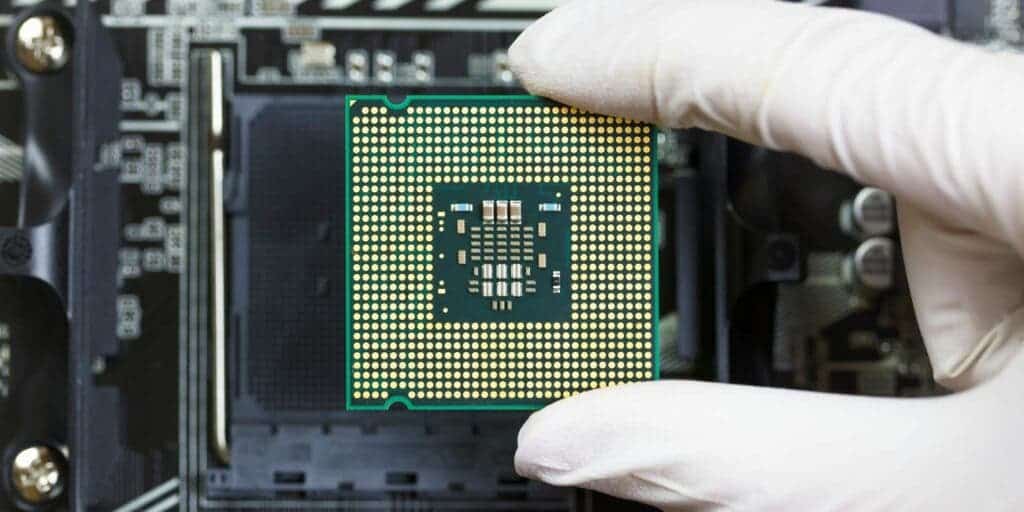Taiwan claims that Malaysia can help in combating the global chip shortage, which has become a chipmakers’ nightmare. Last year, Intel announced that it will expand its Malaysian chip packaging plant by investing a whopping $7 billion. Notably, the American technology company showed trust in the country’s ability to meet its expectations. Now, Taiwan Economy Minister Wang Mei-hua is counting on Malaysia to relieve the pressure of the global chip shortage.
Malaysia can play a vital role in terms of resolving the worldwide shortage of auto semiconductors. Especially, the country can ease auto semiconductors packaging challenge. According to Mei-hua, Taiwan’s packaging segment has been hit hard by the country’s coronavirus restrictions. Notably, Taiwan has been leaving no stone unturned in a bid to resolve the short. Taiwan is one of the world’s most notable chip producers.
However, the global chip shortage has put auto plants around the world on the back foot. Qualcomm President and CEO Christiano Amon opened up about the chip shortage in an interview with The Verge earlier this month. According to Amon, the chip market is currently facing its biggest crisis yet. Now, Mei-hua has shed some more light on this backbreaking challenge. On Thursday, March 30, Wang told Reuters that the supply chain is complicated.
Malaysia Can Resolve The Global Chip Shortage
In other words, it is impossible for the country to resolve the problem without help. Furthermore, the problem was particularly severe with auto chip packaging. However, Malaysian companies did not stop providing services unlike Taiwanese firms, Mei-hua says. In fact, the chip shortage was so acute that Toyota Motors had to permit the use of faulty parts from suppliers. Also, the Taiwanese Politician says that Taiwan is restlessly waiting for Malaysia to resume production.
Moreover, he recalls in his interview that Malaysia restored its production capacity back in September. Now, the country is operating at 80 percent production capacity. So, this problem is likely to eventually disappear if Malaysia returns to its full production capacity, he explains. For those who are unaware, Malaysia is teeming with factories and suppliers that serve major semiconductor makers. For instance, Europe’s Semiconductor manufacturing companies Infineon and STMicroelectronics rely on Malaysian suppliers.

Aside from this, factories in Malaysia serve popular carmakers like Ford Motor Co. and Toyota Motor Corp. Now, major Malaysian semiconductor manufacturers are currently operating at full capacity to ensure adequate supply to the auto industry. This piece of information comes from Malaysia Semiconductor Industry Association President Wong Siew Hai. Regrettably, he acknowledges that they can’t meet the huge demand despite shipping as much as possible.
Furthermore, he revealed that everything is already operating at 100 percent. Also, factories are increasing productivity so they can meet the demand for automotive parts. Also, Wong admits that adding capacity will take some time, at least until 2023.





